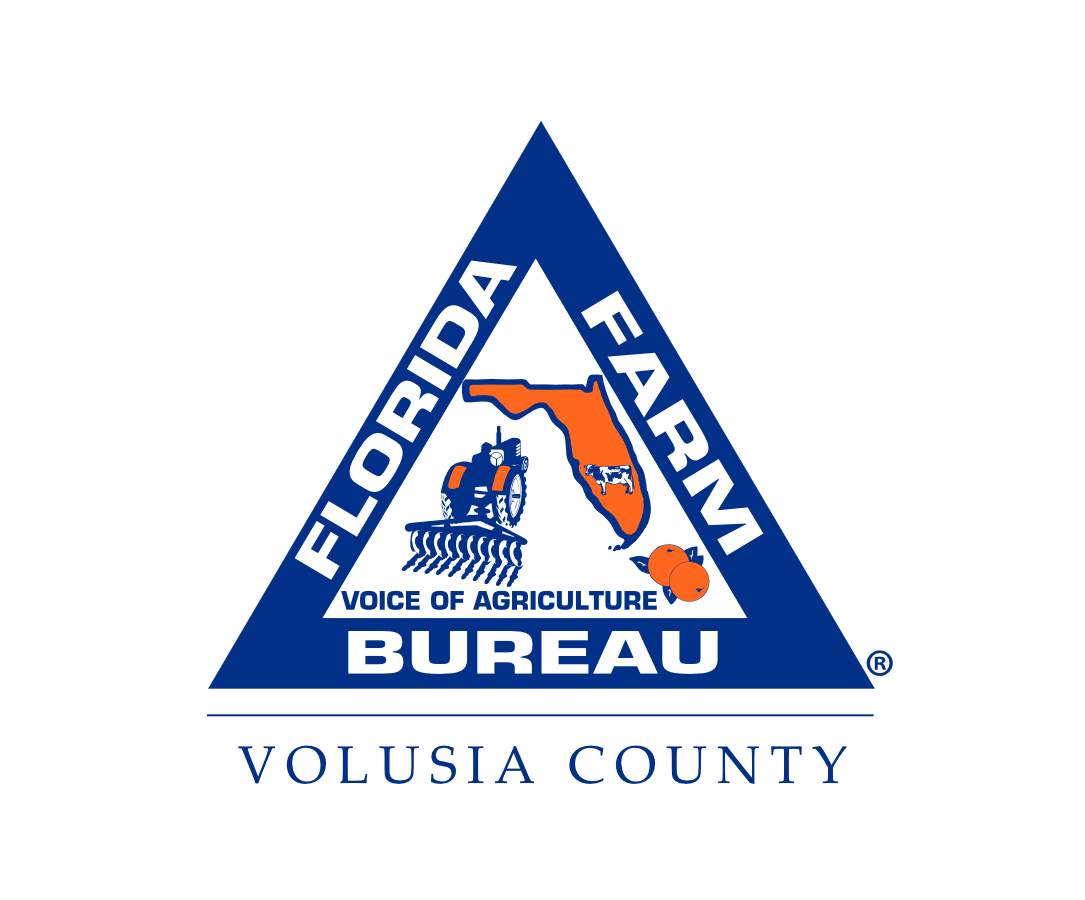By Steve Crump, Executive Director Volusia County Farm Bureau
Volusia County is changing. We can see all the new homes, apartments and businesses that are popping up all over the county. People are moving to Volusia County, and our surrounding counties, because they want what we have: sunshine, beaches, access to interstate highways and airports that make travel easy, and lower housing costs than other areas of the state or country. But this growth is making it difficult for agriculture to continue here and we need to take steps now to protect the opportunity for agriculture in the future.
According to a University of Florida economic study from 2018, agriculture contributed $781 million to Volusia’s economy. Agriculture is a steady economic engine that is less subject to the whims of the economy than is tourism. In addition to jobs, agriculture provides some very valuable “services” to the residents and environment of the region. The open space of ag lands are great aquifer recharge areas, they provide habitat for wildlife, trap carbon dioxide while releasing oxygen, and act as a buffer to slow floodwaters. Another thing that is a little harder to place a value on is agriculture’s “sight value”. This is hard to describe, but we know it when we see it — cattle grazing in a pasture, bright green fern growing under oak hammocks, citrus trees in full bloom, and rows of pine trees with moonlight shining through.
Farmers and ranchers know these less tangible benefits that agriculture provides. Each year I have conversations with farmers approaching the end of their careers and some wrestle over the choice they have to make. If they sell their land for development they’ll get the highest price. That would be fair to themselves and their heirs but they want to sell to another farmer so that the stewardship of their land and the natural beauty of their land can continue. Unfortunately, land sold for farming and ranching doesn’t pay as much as development per acre. That’s because the revenue from farming can’t support those high land prices. This dilema is why I feel we need to increase the fair value purchasing of development rights on agricultural lands from willing sellers. The North Florida Land Trust is already doing this good work by combining private donations and public money to make these purchases.
With the opportunity for development removed from a piece of property, the land’s value will then be based on its lower agricultural production value. Since the land is still privately owned, it can continue to be bought, sold, used as loan collateral, stay on the tax rolls and be farmed for generations to come. We’ve already seen this done on some environmentally sensitive ranch tracts here in Volusia County, but I feel there is still time to protect more farmlands by committing to purchasing development rights from willing sellers so that our environment is protected and our future generations can continue to afford to farm here.
Rebecca Perry, director of real estate and community conservation for the North Florida Land Trust, will be sharing her knowledge about how conservation easements can benefit landowners and protect nature while still providing opportunities for working lands to continue farming and ranching. This discussion followed by a question and answer time is designed to inform Volusia County landowners about how the newly reactivated Volusia Forever program may be able beneficial to them. The meeting will be held at the Volusia County Extension Services auditorium at 6:30 p.m., Feb. 23, 2021. To allow for social distancing, please RSVP by calling Caroline at Volusia Farm Bureau 386-734-1612 or signup online at the link below.
